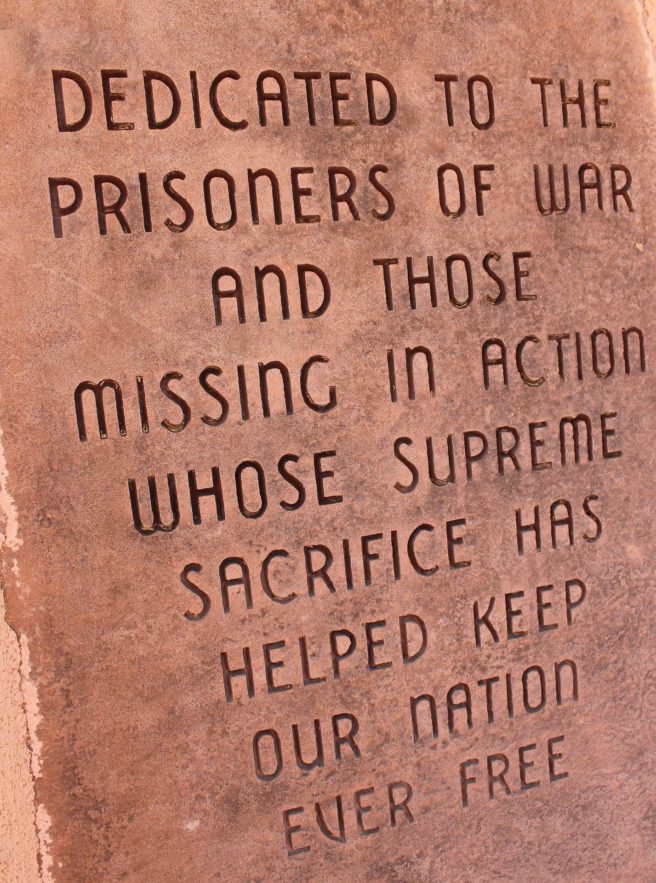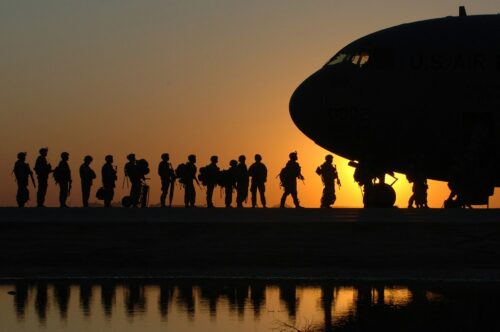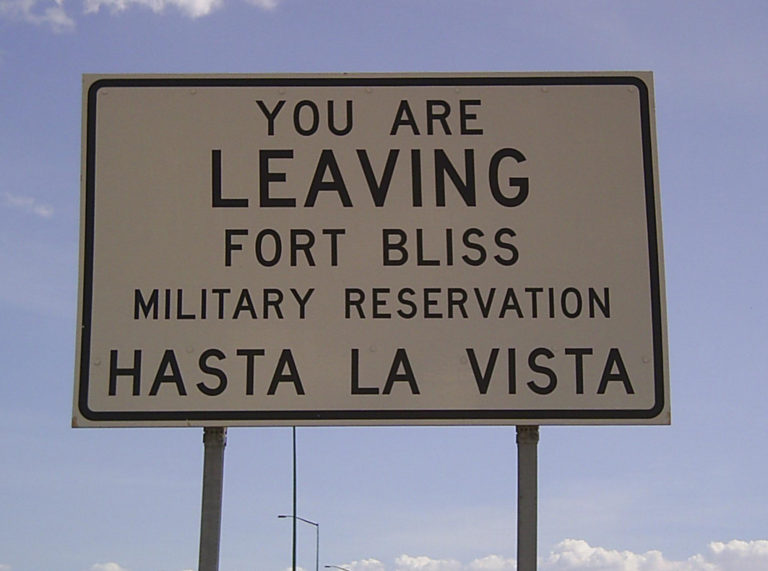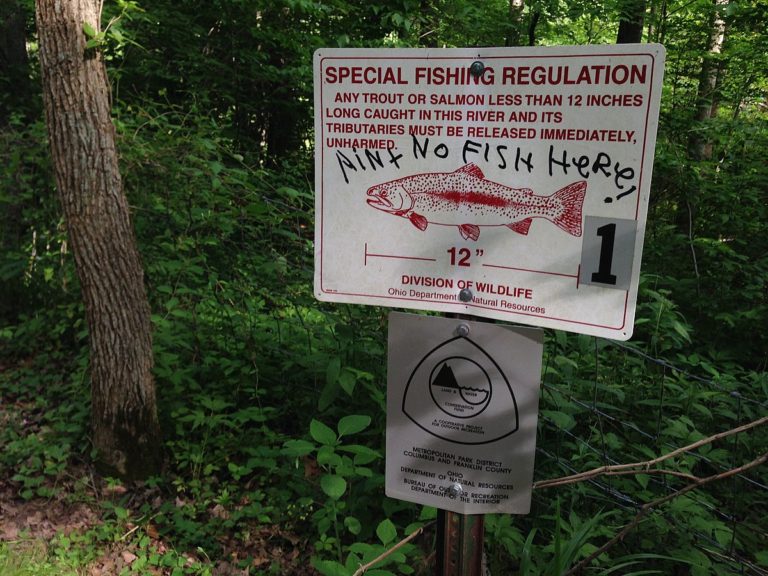4 Military Abbreviations Americans Use in Conversation
There are nearly 19 million veterans in the United States, and about 1.3 million active service members.
That’s a lot of people.
And with so many servicemen and women, it’s no surprise that some military terms have spilled over into civilian life.
Here are four military abbreviations you might hear in a non-military context.
MIA
Missing in Action
In military terminology, this means that a soldier cannot be found after a battle and might have been killed, captured, or wounded. (Merriam Webster)
In a non-military context, we use this expression to communicate that someone’s location is unknown. We often say “to be MIA” or “to go MIA.”
Note that we say M-I-A (we say each letter individually).
“John’s been MIA for a few days. He hasn’t responded to my texts or calls, and he hasn’t posted anything on social media.”
“A few of my students are MIA today. They didn’t email me to tell me they would be absent.”

AWOL
Absent Without Leave
In both a military and non-military context, we use this expression to communicate that someone is absent without notice or permission. (Merriam Webster)
We often say “to be AWOL” or “to go AWOL.”
Note that we pronounce AWOL as a word (A-wall). We don’t say each individual letter.
“Kurt is AWOL. He missed work today and didn’t tell anyone he wasn’t coming in.”
“Consider this a warning. If you go AWOL again, you won’t have a job here anymore.”

DOA
Dead on Arrival
This is a military, medical, and police acronym. It is used to communicate that someone was clinically dead when medical professionals started giving care.
In a civilian context, we sometimes use this expression to communicate that something is dead, flawed, or a failure.
Note that we say D-O-A (we say each letter individually).
Below is the intro song to the sitcom Friends (“I’ll Be There for You” by The Rembrandts).
The lyrics are:
So no one told you life was gonna be this way
Your job’s a joke, you’re broke
Your love life’s DOA
It’s like you’re always stuck in second gear
When it hasn’t been your day, your week, your month
Or even your year, but…
R&R
Rest and Recuperation
In a military context, this refers to a leave of absence given to someone on active duty.
In a non-military context, we use this term to refer to vacation time or time off from work.
“I haven’t had a vacation in six months. I’m overdue for some R&R.”
“John looks stressed. I think he needs some R&R.”

.
There are many more military abbreviations that you may come across. These four are simply the ones you are most likely to hear in a non-military context.






